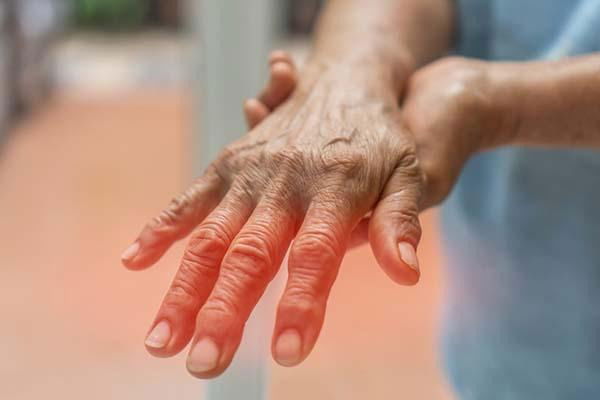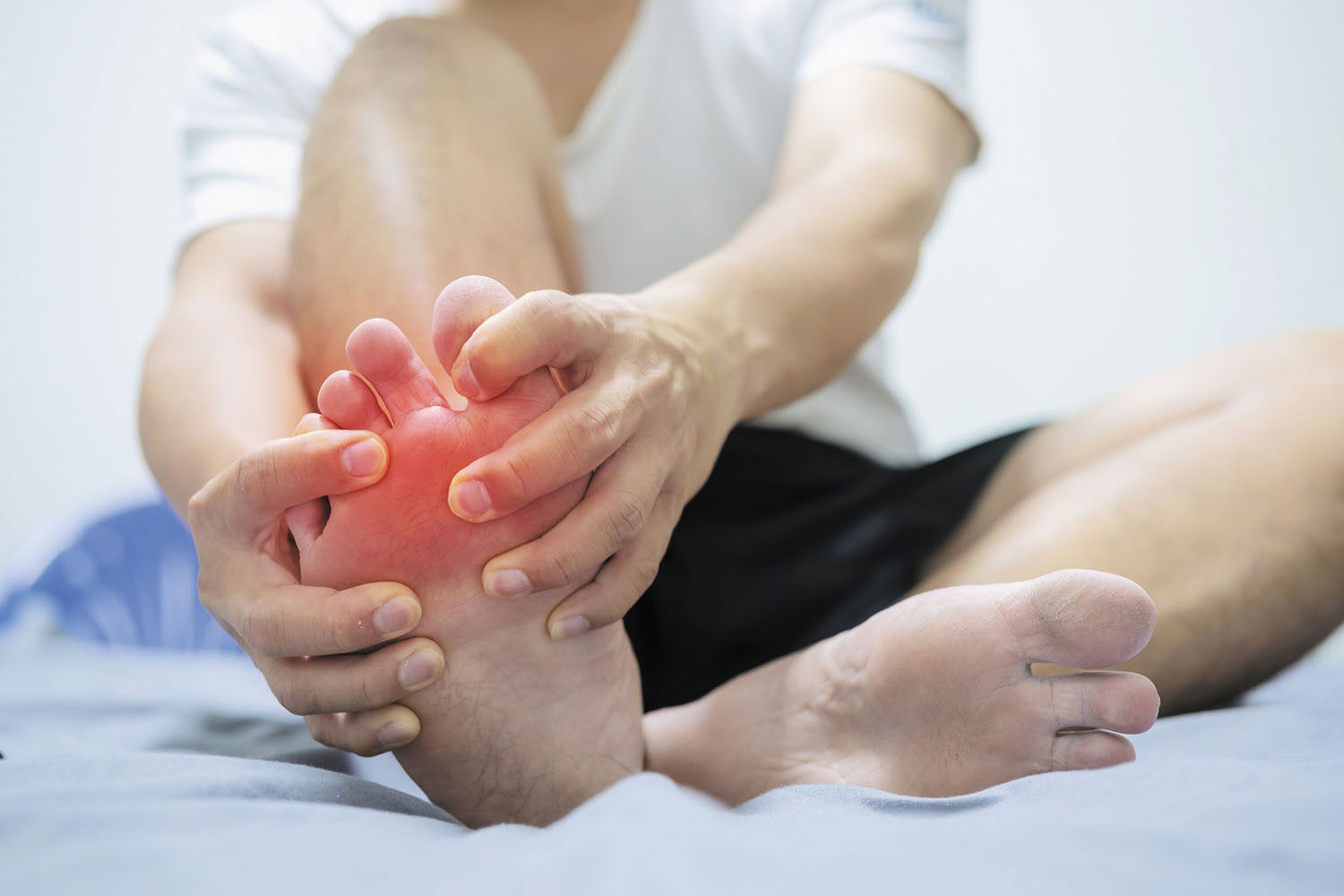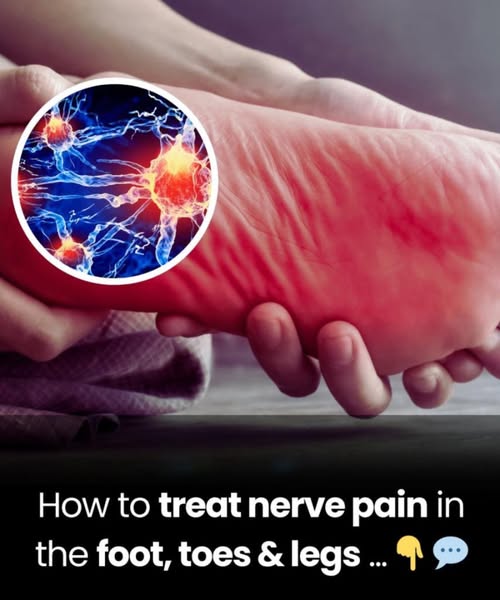Treating peripheral neuropathy involves addressing both the symptoms and the underlying cause. A combination of medication and lifestyle changes is usually most effective.
Medications include:
- Pain relievers: Over-the-counter options like ibuprofen can ease mild symptoms; stronger cases might need prescription painkillers.
- Antidepressants: Drugs like amitriptyline or duloxetine change how the brain processes pain.
- Anti-seizure medications: Gabapentin and pregabalin help calm nerve signals.
- Topical treatments: Lidocaine patches or capsaicin creams provide local pain relief.

Lifestyle changes are equally important:
- Healthy diet: Include B-vitamin-rich foods (e.g., leafy greens, eggs, meats) and antioxidant-rich snacks (e.g., berries, nuts).
- Blood sugar management: Essential for those with diabetic neuropathy.
- Regular exercise: Activities like walking, yoga, or swimming improve circulation and reduce discomfort.
- Avoid alcohol and tobacco: These substances worsen nerve damage and should be reduced or avoided altogether.
Home-Based Relief Strategies
At home, certain habits can help ease symptoms. Wearing supportive footwear with cushioning and roomy toe boxes can minimize nerve pressure.
Gentle stretching and massage improve blood flow and flexibility. Warm baths and Epsom salt soaks can relieve muscle tension, but temperature should be monitored if sensation is impaired.
Alternative and Supportive Therapies
Other therapies may offer added relief. Acupuncture can improve nerve function and stimulate natural pain relief mechanisms.
Compression gear, such as stockings, may reduce swelling and aid circulation. TENS therapy (Transcutaneous Electrical Nerve Stimulation) uses light electric currents to interrupt pain signals.
Physical therapy also helps improve strength, coordination, and balance.

When to Seek Additional Help
If symptoms worsen or don’t improve with basic treatments, consult a specialist. Structural issues like herniated discs may require surgical solutions such as nerve decompression.
For chronic, unrelenting pain, options like nerve blocks or spinal cord stimulation may be necessary.
Final Thoughts
Peripheral neuropathy can interfere with daily life, especially when it affects the lower limbs.
But with a clear understanding of its causes and a comprehensive treatment plan—including medical, lifestyle, and home-based approaches—it’s possible to manage symptoms effectively.
With professional guidance and consistent care, many people find lasting relief and improved quality of life.

